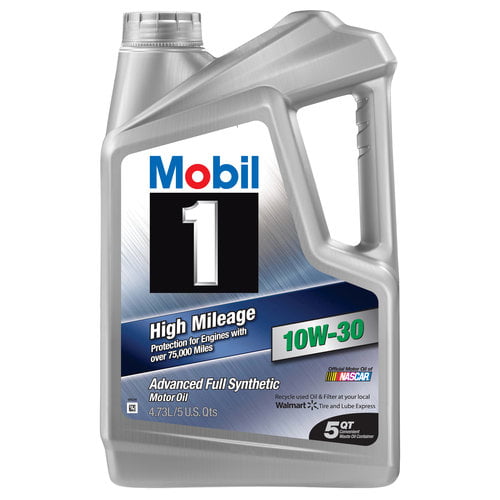I've mentioned this a few times and recall it being said here. But I'd like to hear some comments regarding if a synthetic 10W-30 with minimal or no VII's is roughly equivalent to a conventional SAE30 at most temps.

Is this still true with the shift to Group III oils and GTL base-stocks? Is it only true for syn oils that are mostly PAO/POE? Obviously this has the biggest implication regarding power equipment like mowers and some snowblowers...

I did do some searching and came up with Craig from Canada's comments which seemed rather informed:
This Thread https://bobistheoilguy.com/forums/ubbthreads.php/topics/1095089/Re:_Advantages_of_using_SAE_30

Is this still true with the shift to Group III oils and GTL base-stocks? Is it only true for syn oils that are mostly PAO/POE? Obviously this has the biggest implication regarding power equipment like mowers and some snowblowers...

I did do some searching and came up with Craig from Canada's comments which seemed rather informed:
This Thread https://bobistheoilguy.com/forums/ubbthreads.php/topics/1095089/Re:_Advantages_of_using_SAE_30


